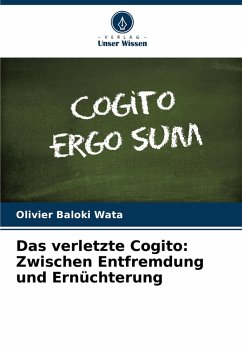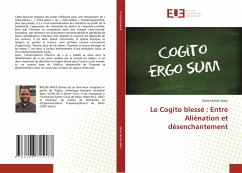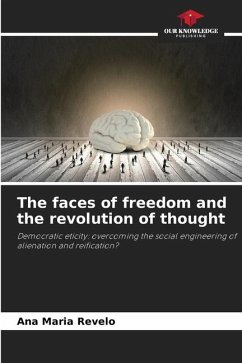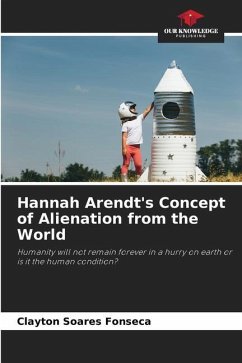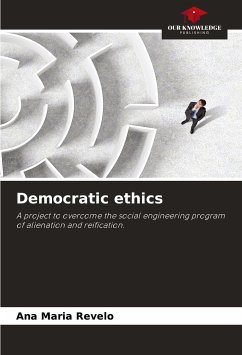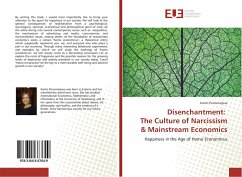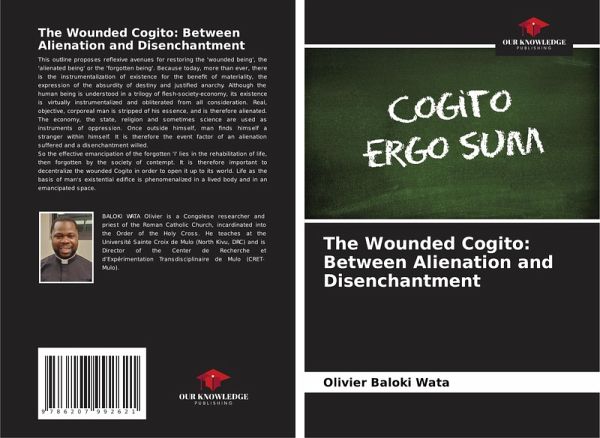
The Wounded Cogito: Between Alienation and Disenchantment
Versandkostenfrei!
Versandfertig in 6-10 Tagen
53,99 €
inkl. MwSt.

PAYBACK Punkte
27 °P sammeln!
This outline proposes reflexive avenues for restoring the 'wounded being', the 'alienated being' or the 'forgotten being'. Because today, more than ever, there is the instrumentalization of existence for the benefit of materiality, the expression of the absurdity of destiny and justified anarchy. Although the human being is understood in a trilogy of flesh-society-economy, its existence is virtually instrumentalized and obliterated from all consideration. Real, objective, corporeal man is stripped of his essence, and is therefore alienated. The economy, the state, religion and sometimes scienc...
This outline proposes reflexive avenues for restoring the 'wounded being', the 'alienated being' or the 'forgotten being'. Because today, more than ever, there is the instrumentalization of existence for the benefit of materiality, the expression of the absurdity of destiny and justified anarchy. Although the human being is understood in a trilogy of flesh-society-economy, its existence is virtually instrumentalized and obliterated from all consideration. Real, objective, corporeal man is stripped of his essence, and is therefore alienated. The economy, the state, religion and sometimes science are used as instruments of oppression. Once outside himself, man finds himself a stranger within himself. It is therefore the event factor of an alienation suffered and a disenchantment willed.So the effective emancipation of the forgotten 'I' lies in the rehabilitation of life, then forgotten by the society of contempt. It is therefore important to decentralize the wounded Cogito in orderto open it up to its world. Life as the basis of man's existential edifice is phenomenalized in a lived body and in an emancipated space.





